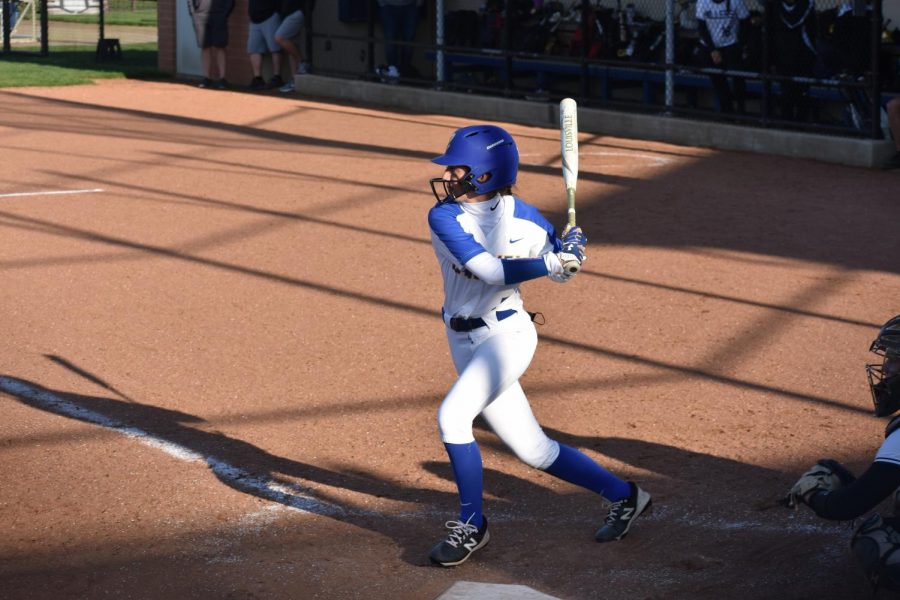Ella Ohrvall, varsity softball player and senior, started her softball career when she was just 6 years old. Last year, when she was a junior, she verbally committed to play at DePauw University. She said she plans to sign her official National Letter of Intent (NLI) next month. Ohrvall said the process to verbally commit was pretty straightforward.
“You start talking to the coaches via email or text,” she said. “Eventually you will most likely set up a phone call with them where you can ask questions and talk about their program. Then from there you might go on a visit and see the coach in person. If it’s the right fit and the coach gives you an offer then you will be able to commit there.”
Verbal commitments like Ohrvall’s are becoming more common. According to the NLI website, verbal commitment officially is defined as “stating publicly one’s intentions to attend a certain institution.” Athletes often like to verbally commit because they can stop worrying about what university to attend. Universities like them because coaches can theoretically fill roster slots well ahead of time.
However, the verbal commitment is also a non-binding, oral agreement between the athlete and the institution. “The only binding nature of the commitment is (the athlete’s) word and the institution’s promise,” the NLI states. That means athletes often break their verbal commitments to attend other schools.
Recent NCAA changes indicate the majority of coaches can’t have a “recruiting interaction” until June 15 of an athlete’s sophomore year. In softball, the date is Sept. 1 of the junior year, while the date for Division I football is April 15 of the athlete’s junior year.
Junior Meghan Christman, who has verbally committed to the University of Notre Dame for swimming, said the university had to follow those commitment regulations before being allowed to contact her.
“Recruitment for swimming is allowed to start on June 15 of the summer before your junior year. I started talking to coaches on June 15 of this year and continued talking with them and going on visits until I reached my decision,” Christman said.
Ohrvall said she does plan to attend DePauw, the school to which she verbally committed, but she said she faced some challenges in the recruitment process, most of them related to the pandemic.
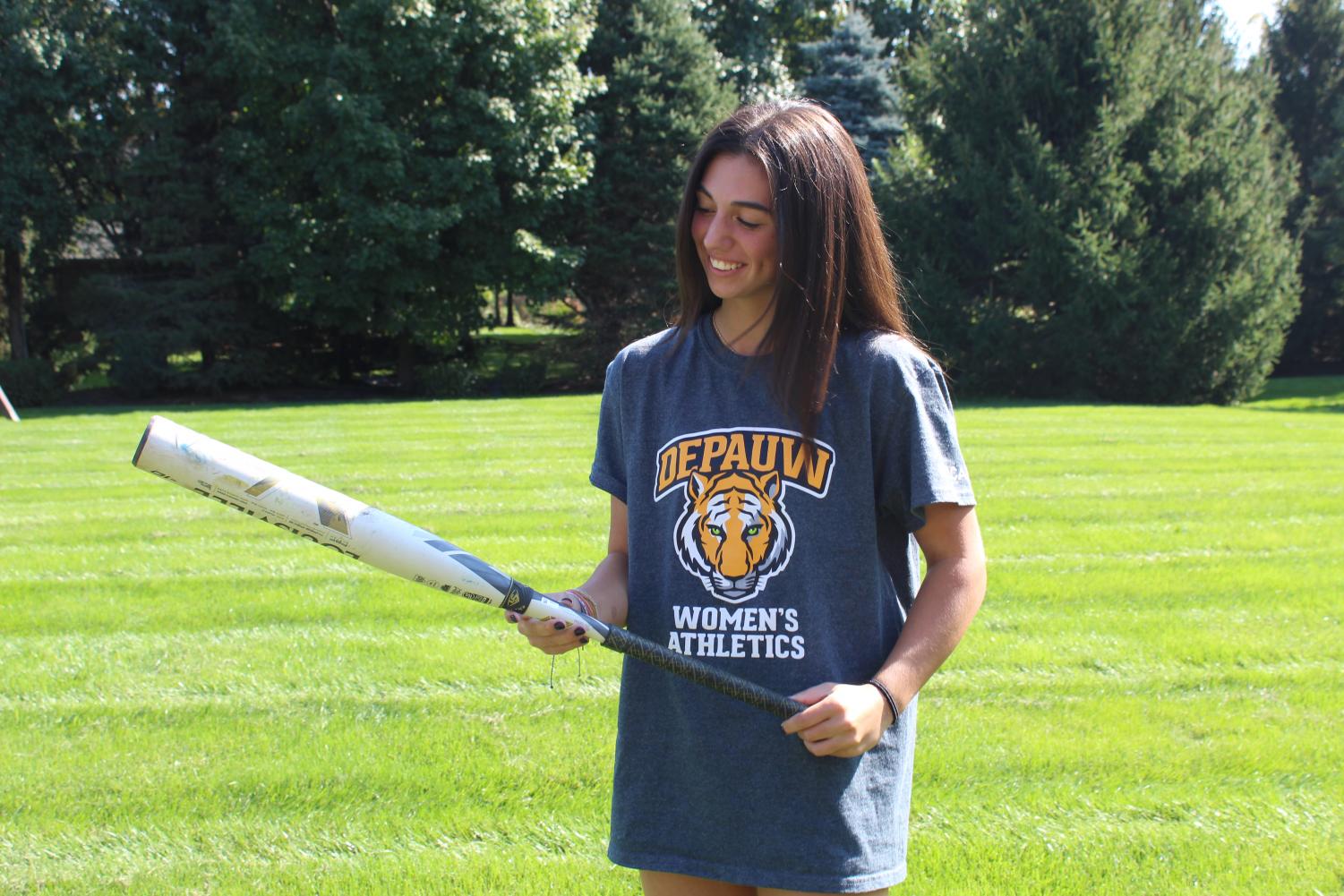
“One struggle I had was when COVID-19 started, we couldn’t go to tournaments and a lot of college coaches lost their funding,” she said. “So recruitment for my junior year got very messed up because coaches couldn’t talk to us like they should be able to. We had to find new ways to communicate with coaches and show them how we were playing all virtually.”
Christman said she also had some commitment difficulties.
“I overcame lots of challenges throughout my swimming career,” she said. “Some of them are moving teams, dealing with burnout and struggles in my personal life. I definitely have faced adversity in my swimming career. However, everything that I have gone through has made me stronger and more resilient.”
The burnout Christman referenced can sometimes lead athletes to decommit from schools to which they originally verbally committed. An athlete’s physical or emotional exhaustion or devaluation toward the sport can make many of them end up playing for a different college than intended or not playing at all.
Despite the challenges she has faced, Christman said she still intends to swim for Notre Dame. She said, “My goal for the next four years is to score at NCAAs and continue to improve both as a person and as a swimmer.”
As for her advice regarding commitment, Christman said, “Do what is best for you and listen to your intuition. This is your decision to make, not your friends or teammates.”
The football team here has several accomplishments including nine State championships and has produced a multitude of players who have verbally committed to colleges. Football assistant coach Rodney Deckard said he has seen many of his players commit to colleges over his assistant coaching career.
“I’m thrilled and excited to see this year’s seniors committing one by one to colleges,” he said. “Our quarterback just committed to Division I Colgate University and I don’t expect anything less from any of our other players.”
Outside of the athletic opportunity, Ohrvall said she hopes to use her verbal commitment to DePauw University for another value.
“My goal for the next four years is to graduate college with an economics and management degree,” she said. “And to play softball while earning a starting spot on the school team.”











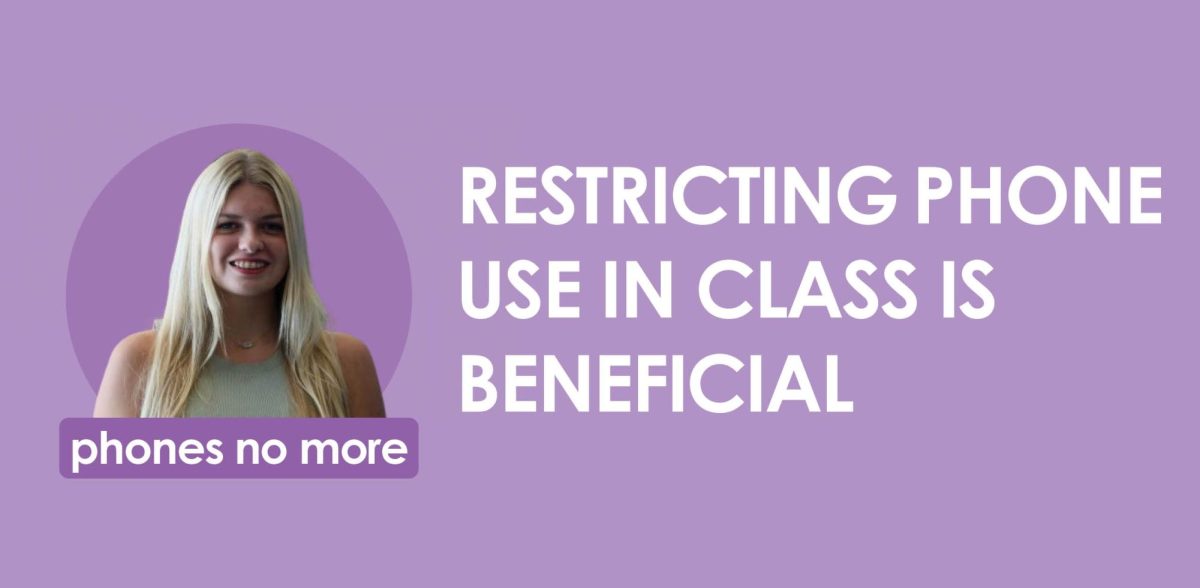
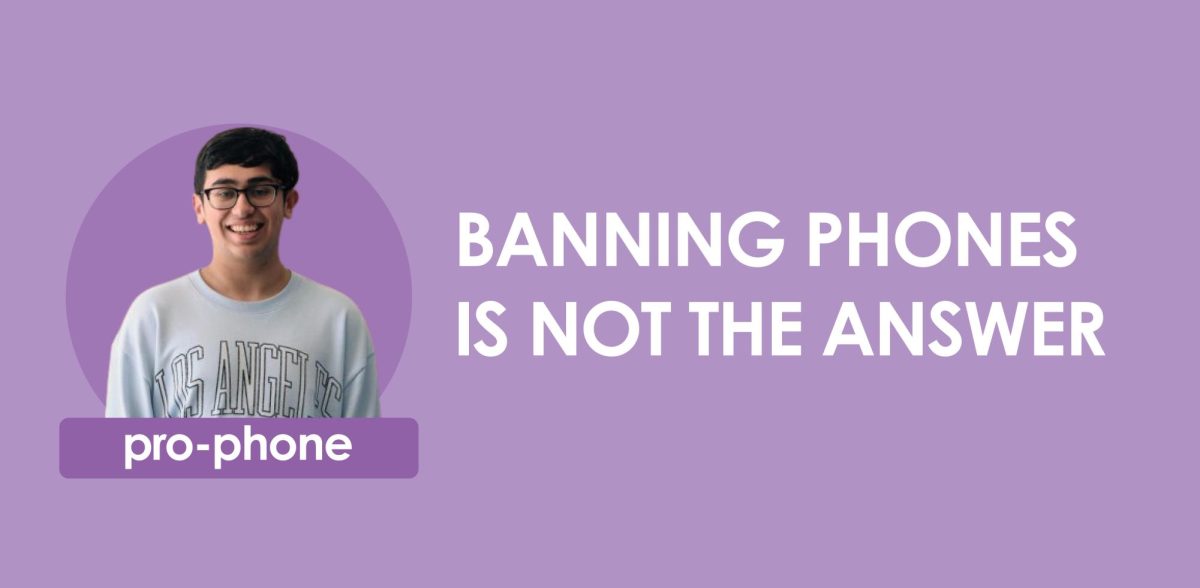
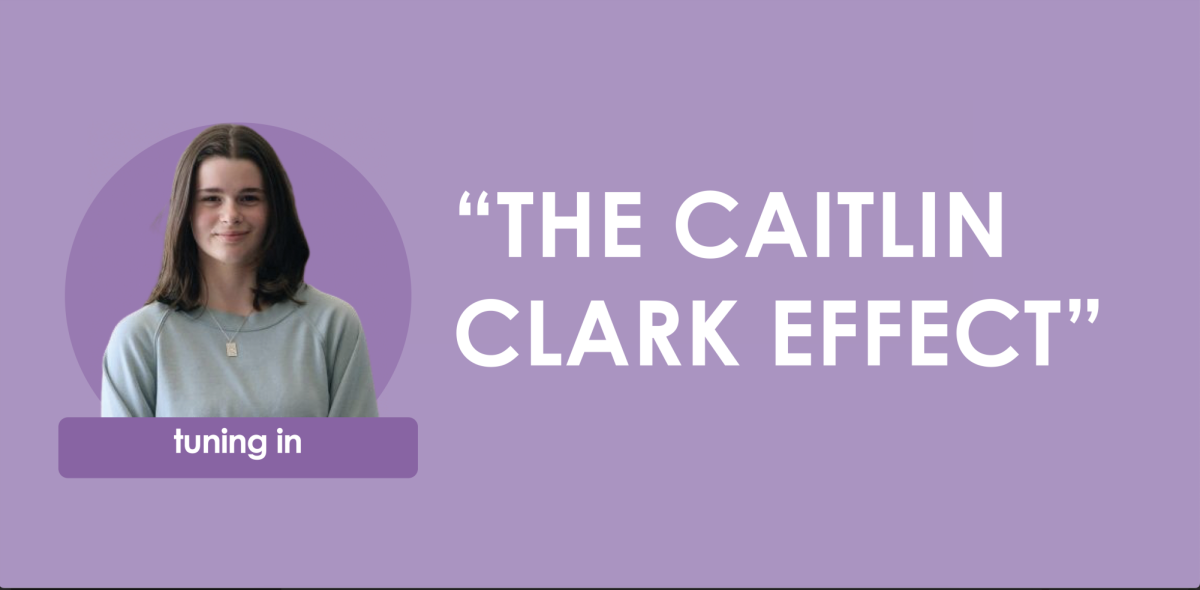
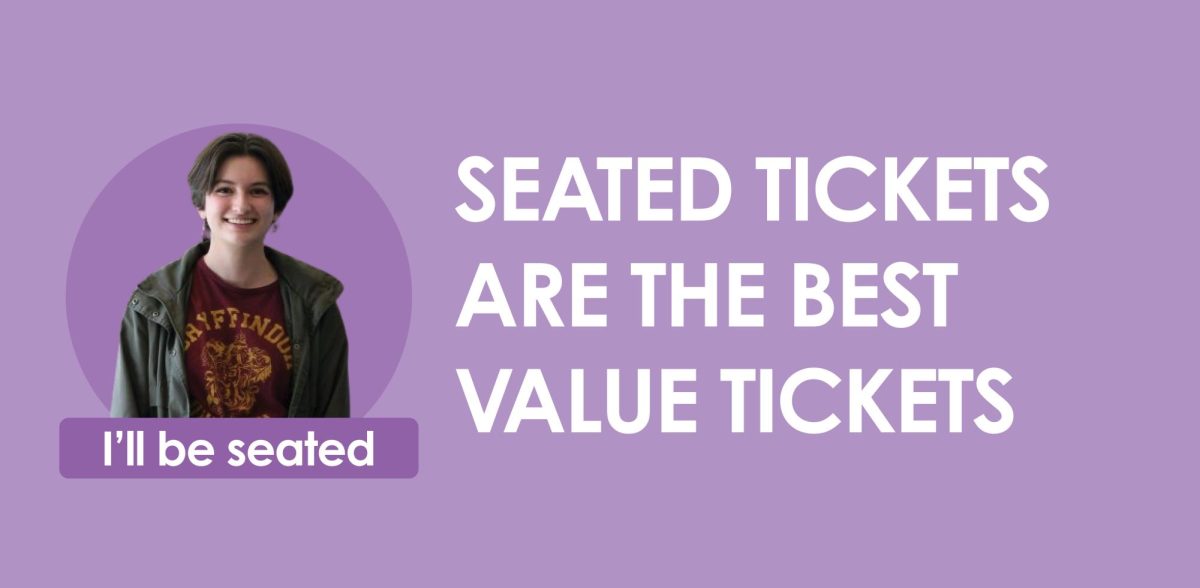

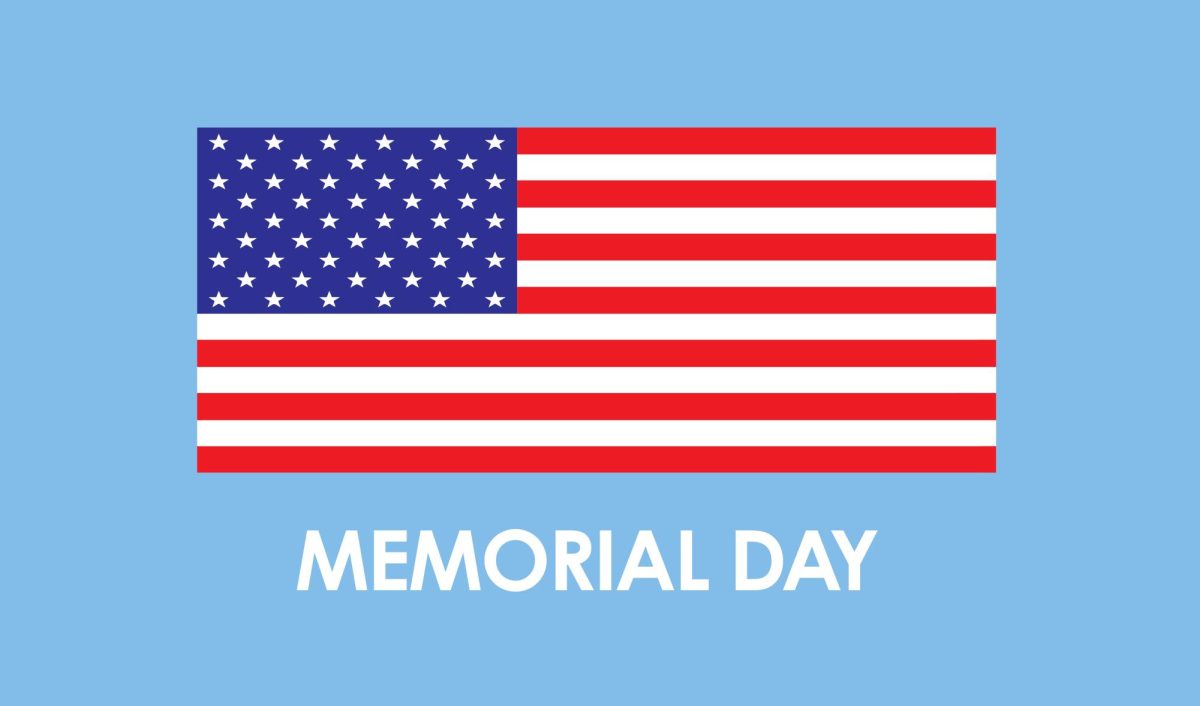





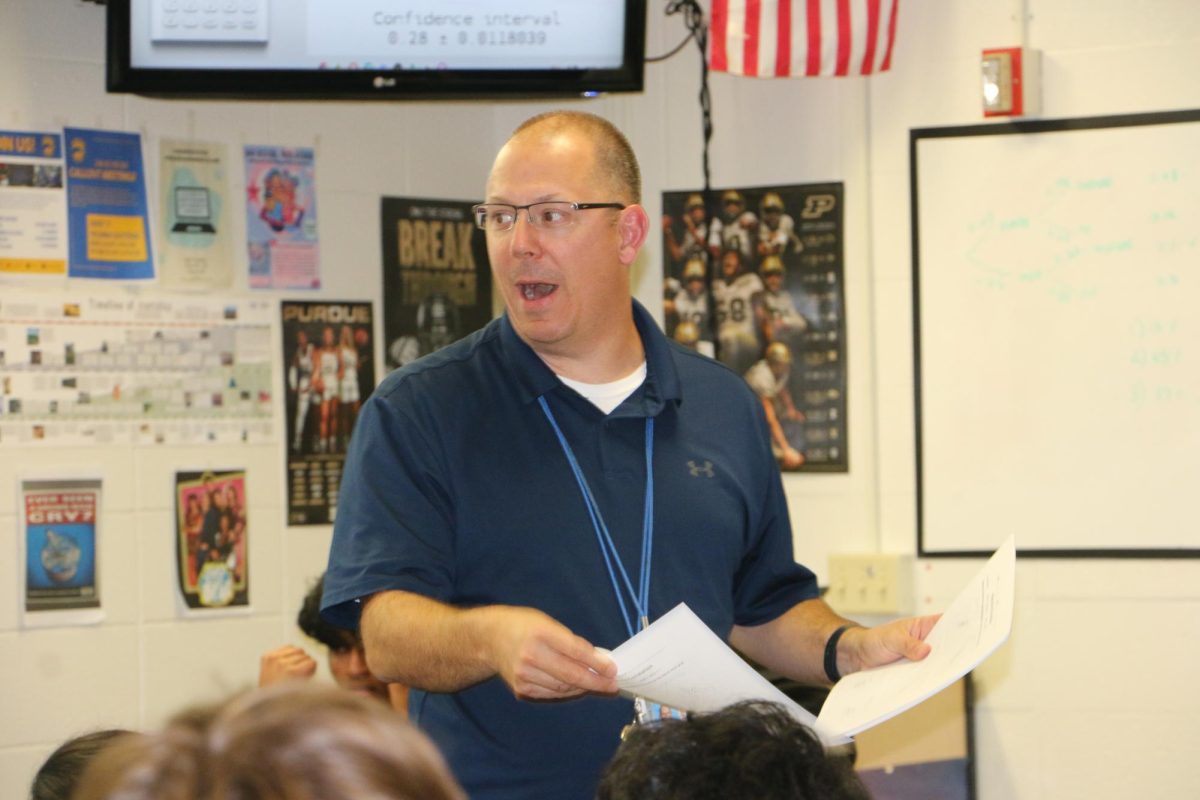








![Family vlogger controversy, need for content reform [opinion]](https://hilite.org/wp-content/uploads/2024/05/Screenshot-2024-05-14-11.33.37-AM-1200x465.png)





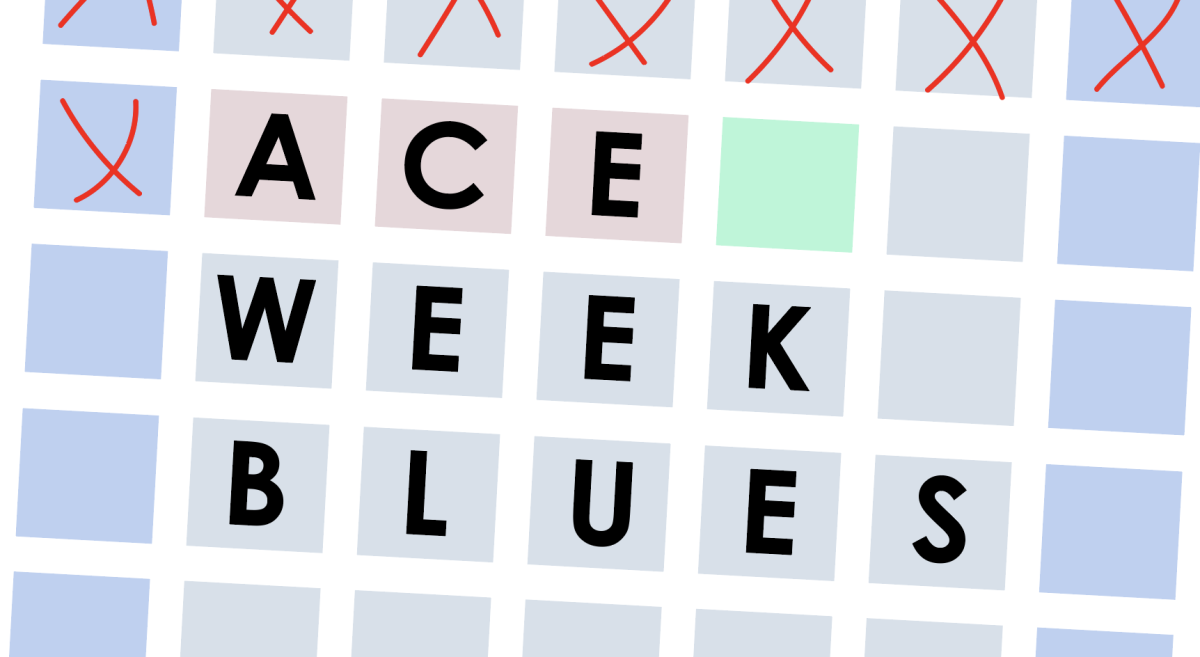


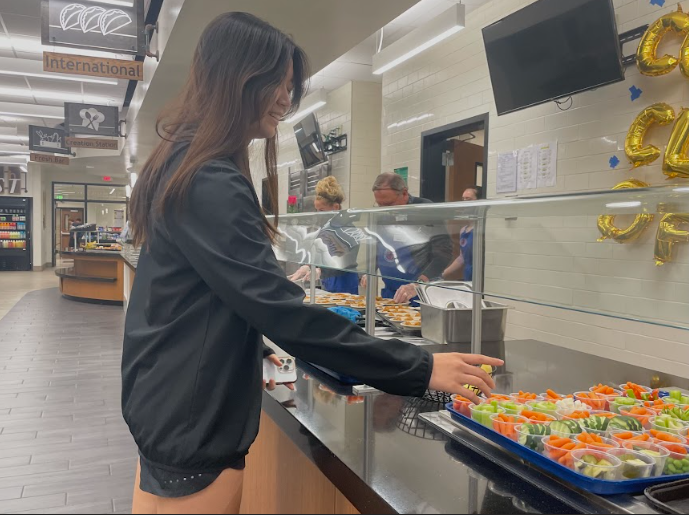





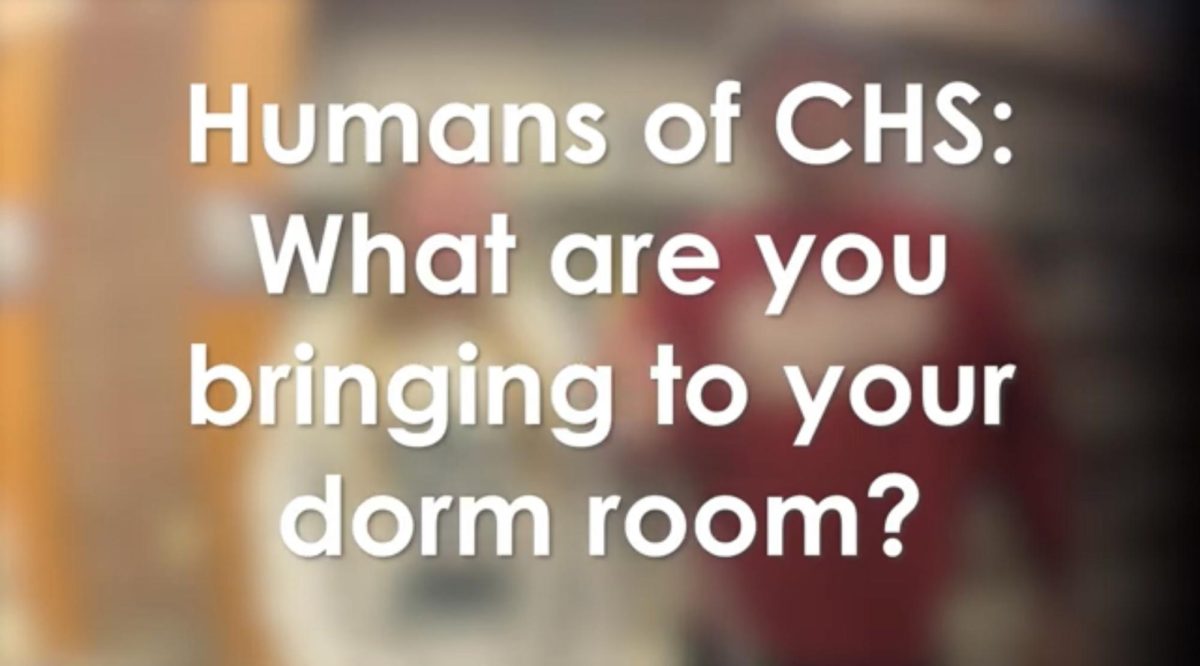













![Review: Taylor Swift’s new album The Tortured Poets Department is not her best work but is still a brilliant album [MUSE]](https://hilite.org/wp-content/uploads/2024/05/The-Anthology_Cover-1200x675.webp)
![Review: Challengers does it all [MUSE]](https://hilite.org/wp-content/uploads/2024/05/challengers-poster-1200x600.png)
![Review: A House of Flame and Shadow by Sarah J. Maas was a disappointing read [MUSE]](https://hilite.org/wp-content/uploads/2024/05/house-of-flame-and-shadow-feature.png)
![Review: Conan Gray’s new album, “Found Heaven”, is a refreshing twist on modern music [MUSE]](https://hilite.org/wp-content/uploads/2024/05/Screenshot-2023-10-31-at-16.01.05.webp)
![Review: “Bodies, Bodies, Bodies” is the quintessential Gen-Z movie [MUSE]](https://hilite.org/wp-content/uploads/2024/05/Screenshot-2024-05-15-140618.png)
![Review in Print: Maripaz Villar brings a delightfully unique style to the world of WEBTOON [MUSE]](https://hilite.org/wp-content/uploads/2023/12/maripazcover-1200x960.jpg)
![Review: “The Sword of Kaigen” is a masterpiece [MUSE]](https://hilite.org/wp-content/uploads/2023/11/Screenshot-2023-11-26-201051.png)
![Review: Gateron Oil Kings, great linear switches, okay price [MUSE]](https://hilite.org/wp-content/uploads/2023/11/Screenshot-2023-11-26-200553.png)
![Review: “A Haunting in Venice” is a significant improvement from other Agatha Christie adaptations [MUSE]](https://hilite.org/wp-content/uploads/2023/11/e7ee2938a6d422669771bce6d8088521.jpg)
![Review: A Thanksgiving story from elementary school, still just as interesting [MUSE]](https://hilite.org/wp-content/uploads/2023/11/Screenshot-2023-11-26-195514-987x1200.png)
![Review: When I Fly Towards You, cute, uplifting youth drama [MUSE]](https://hilite.org/wp-content/uploads/2023/09/When-I-Fly-Towards-You-Chinese-drama.png)
![Postcards from Muse: Hawaii Travel Diary [MUSE]](https://hilite.org/wp-content/uploads/2023/09/My-project-1-1200x1200.jpg)
![Review: Ladybug & Cat Noir: The Movie, departure from original show [MUSE]](https://hilite.org/wp-content/uploads/2023/09/Ladybug__Cat_Noir_-_The_Movie_poster.jpg)
![Review in Print: Hidden Love is the cute, uplifting drama everyone needs [MUSE]](https://hilite.org/wp-content/uploads/2023/09/hiddenlovecover-e1693597208225-1030x1200.png)
![Review in Print: Heartstopper is the heartwarming queer romance we all need [MUSE]](https://hilite.org/wp-content/uploads/2023/08/museheartstoppercover-1200x654.png)






















![Review: “Ginny & Georgia” is a dramatic and poorly made emotional rollercoaster–and I loved it anyway [MUSE]](https://hilite.org/wp-content/uploads/2024/03/ginny-and-georgia-season2-main-be37bbb9487a41e88b3f66c3baacd5c3-300x177.jpg)
![Review: Witch Hat Atelier is a masterpiece in art and world-building, but the story has only begun [MUSE]](https://hilite.org/wp-content/uploads/2024/01/unnamed-211x300.png)
![Review: “Mysterious Lotus Casebook” is an amazing historical Chinese drama [MUSE]](https://hilite.org/wp-content/uploads/2024/03/0-300x170.webp)
![Review: “A Little Life” by Hanya Yanagihara is the epitome of a heartwrenching masterpiece [MUSE]](https://hilite.org/wp-content/uploads/2024/01/unnamed-5-300x200.png)


